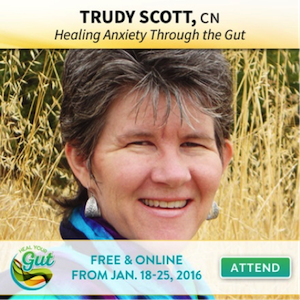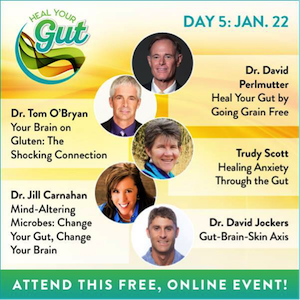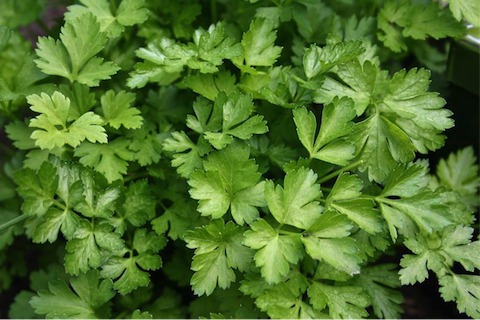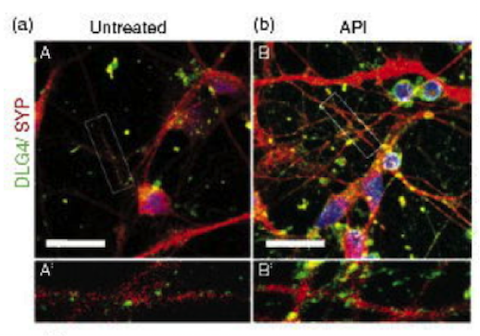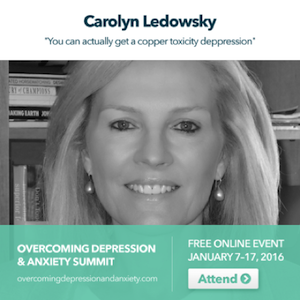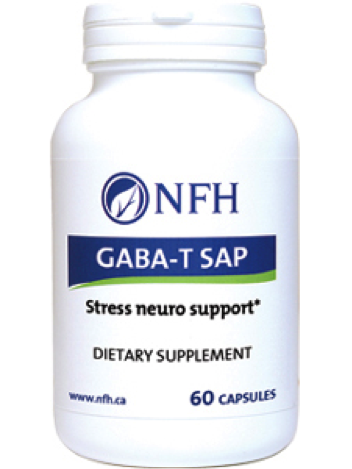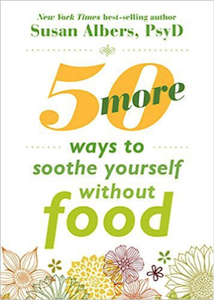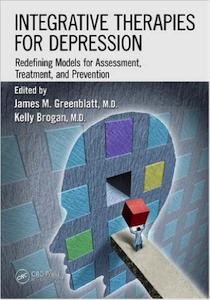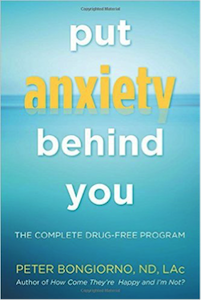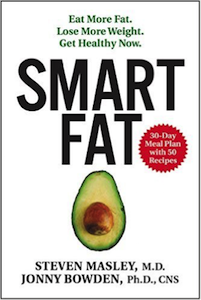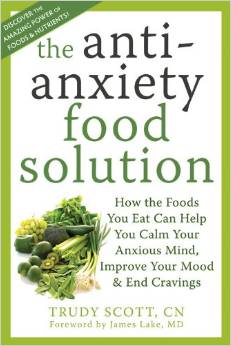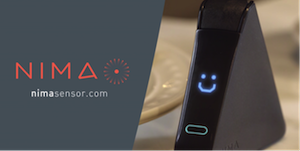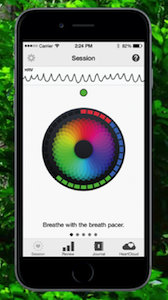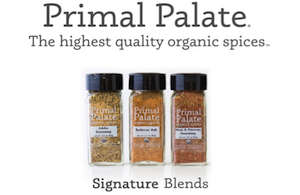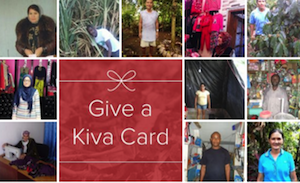Gut dysfunction can be linked to virtually every disease and can cause conditions like autoimmunity, fatigue, depression, anxiety and panic attacks, food sensitivities, chronic pain, allergies and many more. These conditions are by and large preventable.
Gut issues and anxiety often go hand-in hand and my interview addresses Healing Anxiety through the Gut:
Can you relate to the following phrases? “I have butterflies in my stomach,” “I can feel it in my gut,” or “I just have this awful feeling in the pit of my stomach.” These aren’t just figures of speech.
It can be difficult to assess which came first. Is the anxiety affecting your digestion, or did poor digestion lead to anxiety or make anxiety worse? Sometimes it’s a mixture of both, and both need to be addressed.
Digestive disorders are very common in the United States. Over a third of all adults are affected by some kind of digestive disorder, and each year forty-five million people visit the doctor for reflux, constipation, irritable bowel syndrome (IBS), liver disease, and other digestive complaints.
Studies have found that people with digestive complaints such IBS, food allergies and sensitivities, small intestinal bacterial overgrowth and ulcerative colitis frequently suffer from anxiety and also depression too.
One study found that 50 to 90 percent of people with IBS who visited a doctor for treatment also suffered from various anxiety disorders (panic disorder, generalized anxiety disorder, social phobia, and post-traumatic stress disorder) and major depression.
There are many factors that can be considered when it comes to anxiety and gut health: the microbiome and psychobiotics (or good bacteria), low serotonin and an amino acid like tryptophan, low levels of stomach acid, low zinc, food sensitivities and much more.
Join us for this fabulous upcoming online event that is being hosted by 3 of my favorite people: Dr. Josh Axe, who specializes in functional medicine and is on a mission to transform the health of millions all across the world; Donna Gates, the international best-selling author of The Body Ecology Diet and Dr. Eric L. Zielinski, a sought-after natural health educator, motivational speaker and author, and host of the well-known Essential Oils Summit.
I’m honored to have been invited to present with this excellent line-up of speakers that include:
- Josh Axe, DNM, DC, CNS: 5 Steps to Heal Leaky Gut
- Leo Galland, MD: Why Allergies Could Be Signaling Bigger Problems
- David Perlmutter, MD: Heal Your Gut by Going Grain Free
- Ty Bollinger: Boost Immunity with Gut-Immune-Cancer Connection
Here are some of the great speakers who I’ll be presenting with on day 5 of the summit:
I hope you can join us! You can register here https://ju127.isrefer.com/go/healyourgutreg/trudyscottcn/
